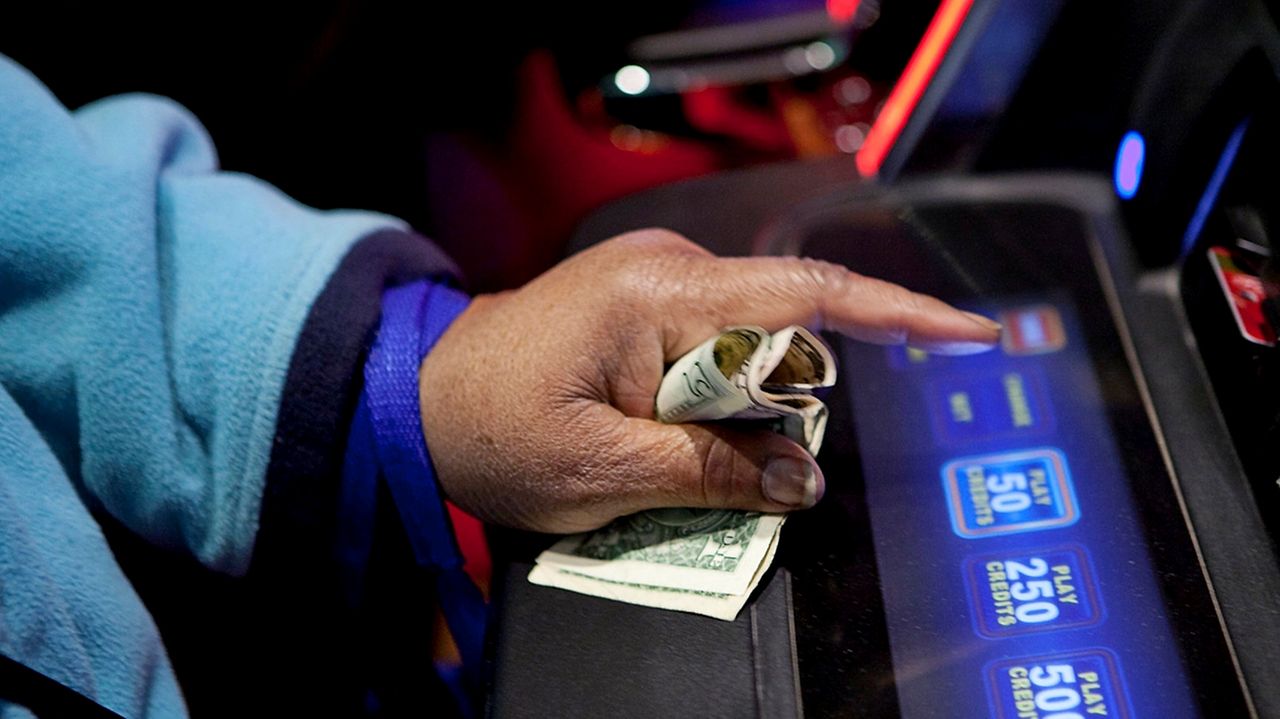
Gambling addiction is spreading, on and off Long Island, increasing the demand for specialized treatment. The trend was easily predicted as legal gaming opportunities grew in recent years.
This fever, or disorder, is officially estimated to affect a tiny percentage of betting customers. But to those hooked and their families, personal ruin and tragedy can result.
Perfectly legal temptations are everywhere these days. Online bets are placed on sports events, more casinos are planned, and traditional horse betting continues. The privacy and ease of a destructive habit has been enlarged in New York with the ability to bet from your cellphone not just on games but on individual plays and even coin flips.
For recovery, addiction professionals usually see cognitive behavioral therapy as the right approach. Managing one’s reaction to “triggers” such as ads and memories is key. There are places to go for help. The state’s Office of Addiction Services and Supports has a directory on its website, for example, listing appropriate professionals by region.
We’re just coming off “Problem Gambling Awareness Month” for the U.S., and Albany lawmakers are still in the final stages of negotiating the state budget. Gov. Kathy Hochul proposes continuing support for current programs, expanding public-awareness ads and establishing new outreach in tandem with gaming establishments. That’s appropriate. But providers note that the investment in support services peppered into different budgets hasn’t expanded in tandem with the private and public revenues from gaming. This must change as gambling increases. Also, new initiatives and messaging need to be tailored toward those most likely in need, with surveys showing men between 21 and 30 as particularly susceptible as are teenagers who become underage gamblers.
Decades ago, the late State Sen. Frank Padavan of Queens provided a legislative voice for discouraging gambling of all kinds. It’s easy to see now that the well-intended Padavan was always going to lose that fight. There’s just too much money and business involved. Jake’s 58 in Suffolk is considered a big public success. And in New York, a staggering $16.2 billion was wagered here last year, a boon to the economy and tax revenue.
In previous years, State Comptroller Tom DiNapoli urged the executive chamber to better assess and focus efforts to combat gambling addiction. His office should follow up to ensure that those efforts keep up with the annual $1.36 billion in gambling revenue the state now gets. For the public, preventive strategies make sense. Parents and peers need to talk to young people about underage gambling. For those of age, time and money spent at this hobby should be budgeted in advance. Drugs and alcohol especially should be avoided when gambling.
An increasingly robust statewide commitment to fight problem gambling will be a small price — one that must be paid for New York’s economic gains from the industry.
MEMBERS OF THE EDITORIAL BOARD are experienced journalists who offer reasoned opinions, based on facts, to encourage informed debate about the issues facing our community.